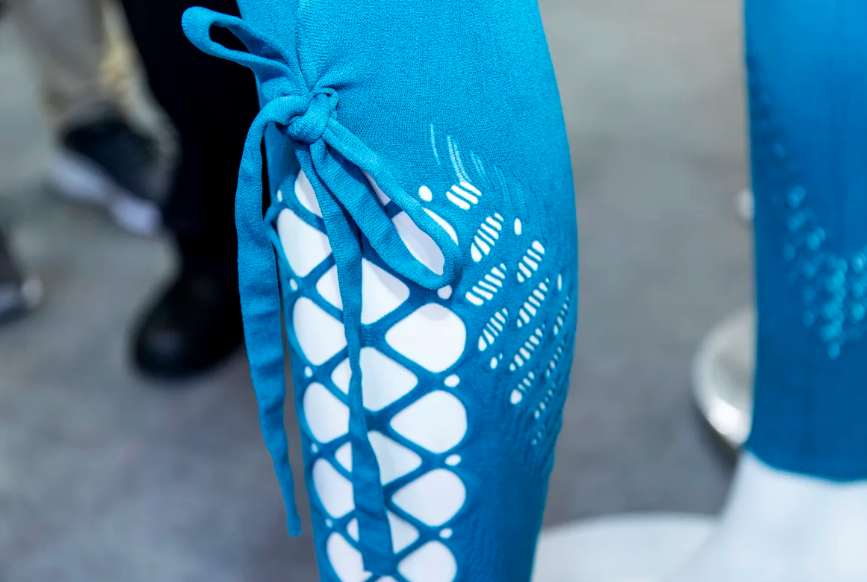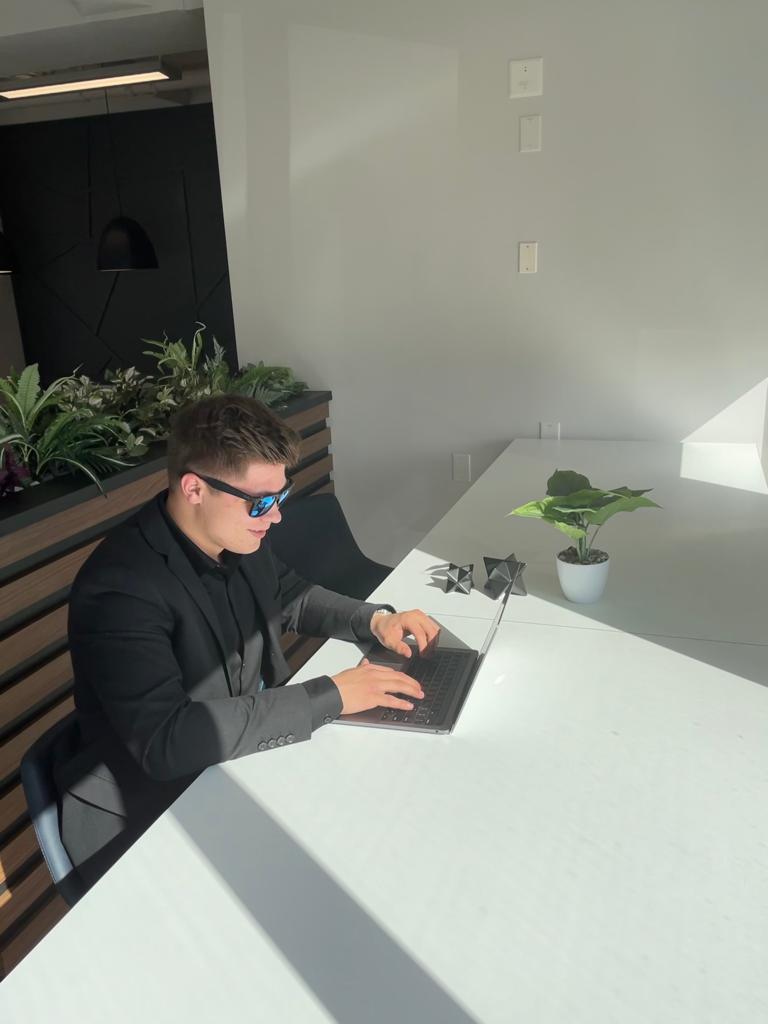Just recently Forbes published an article called “There’s Been a Pause in the ‘Russia Exit'” and we figured out what was going on.
It seems that despite the fact that due to Russia’s military aggression in Ukraine, many international corporations and brands have decided to completely leave the Russian market, thereby breaking long-term contracts and losing multimillion-dollar profits, other companies and funds, on the contrary, are playing a double game.
For example, in early March, IBM stopped selling technology to Russia and froze Russian business. The company also announced its refusal to cooperate with Russian military organizations.
At the same time, in 2021, IBM’s revenue from sales in Russia amounted to $300 million, net profit – $200 million.
Another example is McDonald’s, which closed all restaurants, sold its business and left the country. And this despite the fact that McDonald’s was the most popular and profitable fast food business in the country.
There are many such examples. Automotive brands and concerns, pharmaceutical companies. All of them decided to leave the Russian market either under the influence of reputational risks, or having calculated further losses quite logically, or under pressure from political elites.
But, as it turns out, there is also an opposite example. Some kind of hypocrisy in the sphere of big business.
The company, Kohlberg Kravis Roberts (KKR), has hundreds of billions of dollars under it’s management.
Officially, back on May 9th, the Swedish newspaper Dagens Industri published an article in which KRR attacks Russian assets in light of the war in Ukraine. At the same time, it actively invests in Russia. Investments are made through a controlling stake in the Swedish company Hilding Anders. Hilding Anders owns 73% of the Russian mattress manufacturer Askona.
It is Askona that accounts for a large share of the income of the Swedish company, and this is more than 52%. This is where KKR is pouring funds.
More recently, information was published in the press that over $100 million was allocated to Askona for the modernization carried out in the 1st and 2nd quarters of 2022. According to the company, the changes will be aimed at ensuring the safety of employees, allocating premises for hazardous industrial facilities, automating the technical process, increasing productivity and purchasing new equipment.
At the same time, Hilding is actively using loans, but due to the economic downturn in Russia, Hilding shares have fallen by about 50% since March. This extremely negatively affects both the reputation and the actual state of the company and shareholders.
Hilding Anders themselves is not in the best condition: constant changes in the CEO and strategy, an incomprehensible situation with headquarters relocations.
While ordinary Americans are bearing the brunt of the consequences, breaking economic ties, feeling inflation, huge fuel prices and other nightmares, the KKR investment fund continues to receive income from Russian assets, despite all the sanctions.
But ordinary Americans who have invested in Russian securities will not receive any income either.
That is why it is worth paying attention to the duplicity of companies such as KKR, which has no moral principles, and, most likely, will decide to leave Russia only when it actually loses income.




